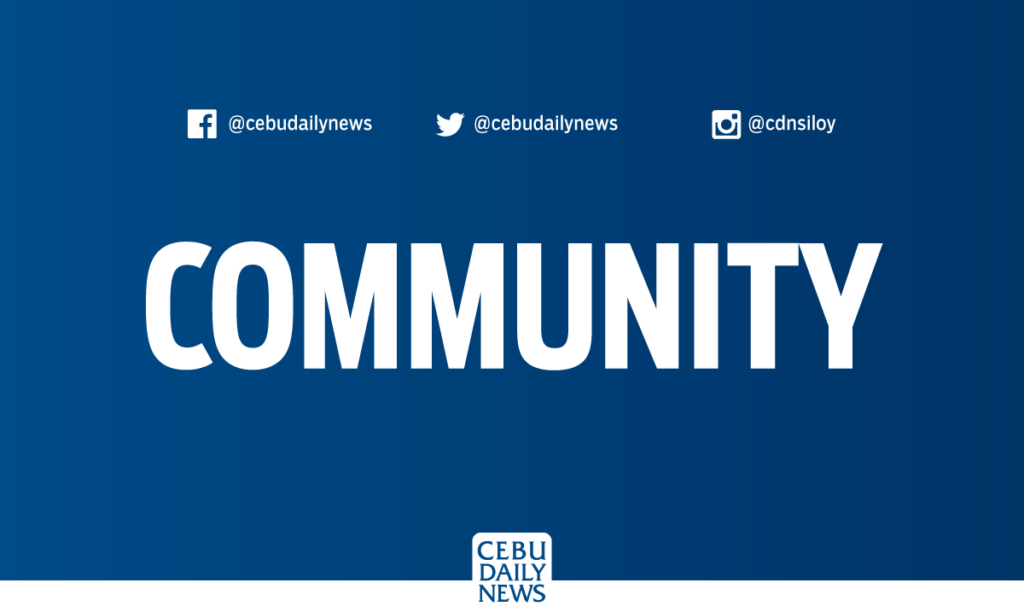GLOBAL brands led by Adobe, Da Vinci Kids, and Quipper have joined Globe Telecom and the Department of Education (DepEd) in expanding the Global Filipino Schools (GFS) program.
These new partners are expected to enrich the intensive five-day face-to-face GFS national training certification workshops plus three-month virtual coaching sessions for teachers and schools heads which commenced on May 7 in Cebu City.
The workshops cover various principles of 21st century education and practical ways of using technology in public schools.
Globe tapped Mano Amiga Academy, a non-profit K-12 school with international standards whose roots come from Latin America, to design and facilitate the workshop and lead the coaching course.
Mano Amiga, Spanish for “helping hand,” is renowned for developing its own intensive teacher training program which emphasizes child-centered instruction, active learning, and development of 21st century learning skills like Communication, Collaboration, Critical Thinking and Creativity.
“For quality education to take place, the development of quality teachers is vital.
With our collective efforts, we believe we can make a difference in the public education sector by nurturing a progressive mindset among teachers and creating independent learners among public school students,” said Mano Amiga Executive Director Eleanor Pinugu.
Globe has been running the GFS program since 2012.
Using a modern approach to K-12 learning with long-term support from DepEd, GFS equips schools through three key components: internet connectivity, mobile tech, and specialized teacher training on 21st century approaches to education.
Yoly Crisanto, Globe SVP for Corporate Communications said: “Through the years, we’ve built meaningful relationships with various partners in the education space, with the objective of jointly providing the needed support for the public education sector on a national scale. We’re very fortunate that we now have global partners with the same objective of propagating 21st century learning to the youth around the country.”
Under the partnership, Adobe, a global software company which helps people design and deliver great digital experiences, will provide public school teachers with training on digital media solutions such as Adobe Creative Cloud and online educational apps to help them develop their students’ creativity and confidence.
“Students today are growing up in a tech-enabled and data-driven world.
They are being challenged in new ways and are expected to be more creative in their learning. The skills they require to succeed in a world of automation are changing rapidly too.
Teachers need to have access to updated training and modern digital media tools, so they can nurture the best in their students and build creativity and innovative problem-solving skills that the future workforce will need,” said Wayne Weisse, director, Education & Government, Adobe Asia Pacific.
On the other hand, Da Vinci Media will be providing a workshop on design thinking and use of mobile apps for learning.
The organization operates an interactive video-on-demand app, Da Vinci Kids, which provides K-12 learners with educational videos in more than 90 countries and in various languages.
With e-learning platform Quipper School, educators will be able to send assignments and track student progress online while students can enjoy interactive e-learning anytime, anywhere, on smart devices.
Quipper will be providing a workshop on how to use mobile solutions that help save time and effectively monitor student performance and workload.
Quipper Country Manager Yuki Naotori said: “Quipper believes that teachers can accomplish so much more with the right tools and resources. With real-time data on student performance, educators are able to tailor their method of instruction to better suit their students’ needs. In addition, ready-made K-12 aligned resources and a platform that automates various tasks enable teachers to spend more time on what matters most — their students.”
Seventy-one public schools were added to the GFS program this year.


